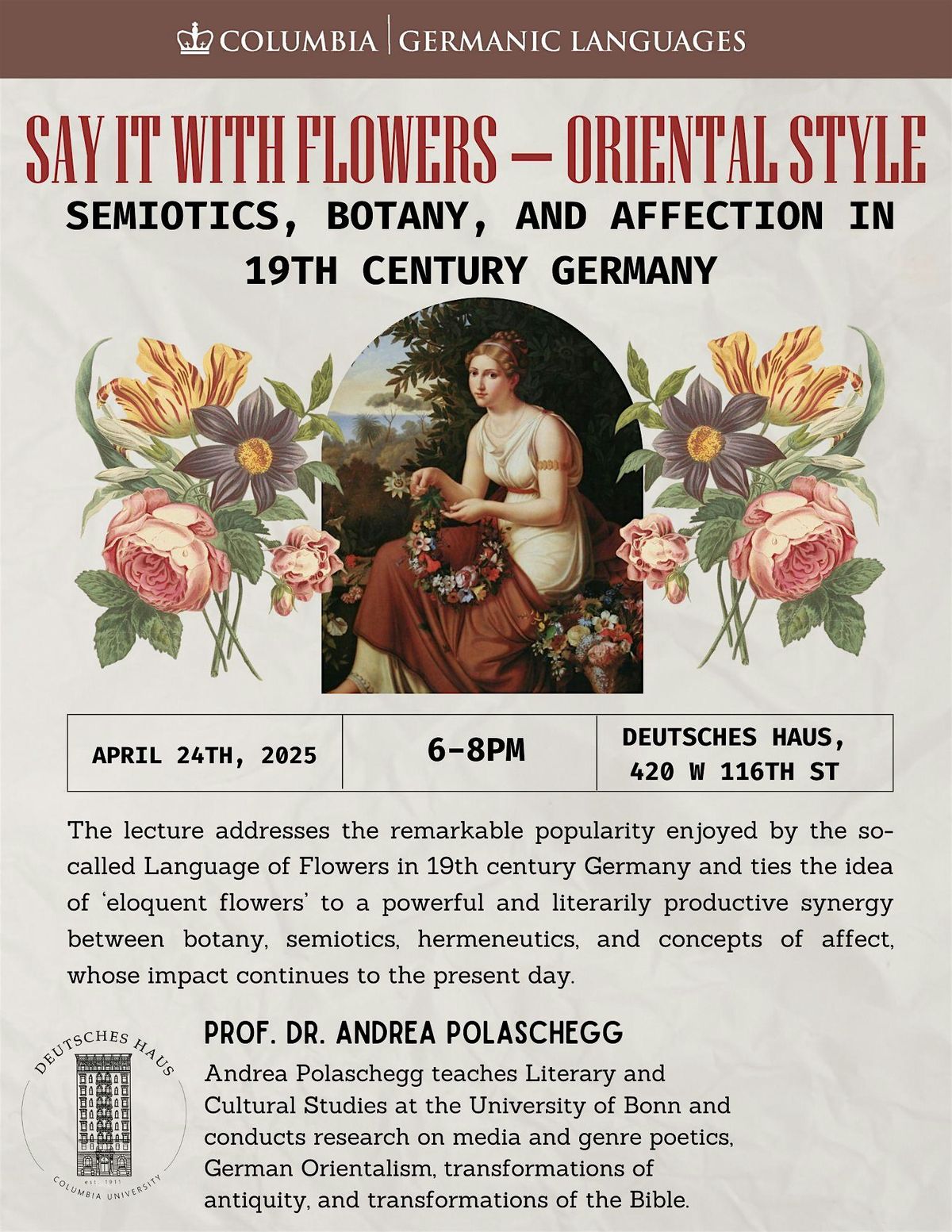 The Roslyn Silver '27 Science Lecture by Banu Subramaniam, moderated by Rebecca Jordan-Young
The Roslyn Silver '27 Science Lecture by Banu Subramaniam, moderated by Rebecca Jordan-YoungAbout this Event
Colonial ambitions spawned imperial attitudes, theories, and practices that remain entrenched within botany and across the life sciences. Banu Subramaniam, an interdisciplinary plant biologist and Luella LaMer Professor of Women's and Gender Studies at Wellesley College, draws on fields as disparate as queer studies, Indigenous studies, and the biological sciences to explore the labyrinthine history of how colonialism transformed rich and complex plant worlds into biological knowledge. Their third book, Botany of Empire: Plant Worlds and the Scientific Legacies of Colonialism (University of Washington Press, 2024), demonstrates how botany’s foundational theories and practices were shaped and fortified in the aid of colonial rule and its extractive ambitions. We see how colonizers obliterated plant time’s deep history to create a reductionist system that imposed a Latin-based naming system, drew on the imagined sex lives of European elites to explain plant sexuality, and discussed foreign plants like foreign humans. Subramanian then pivots to imagining a more inclusive and capacious field of botany untethered and decentered from its origins in histories of racism, slavery, and colonialism. This vision harnesses the power of feminist and scientific thought to chart a course for more socially just practices of experimental biology.
Accessibility
This event is free and open to the public. Live ASL interpretation will be provided.
Masks will be provided and required for attendees and speakers except while they are speaking.
Registration is preferred.
Event Venue
James Room, 4th Floor Barnard Hall, Barnard College, New York, United States
USD 0.00












